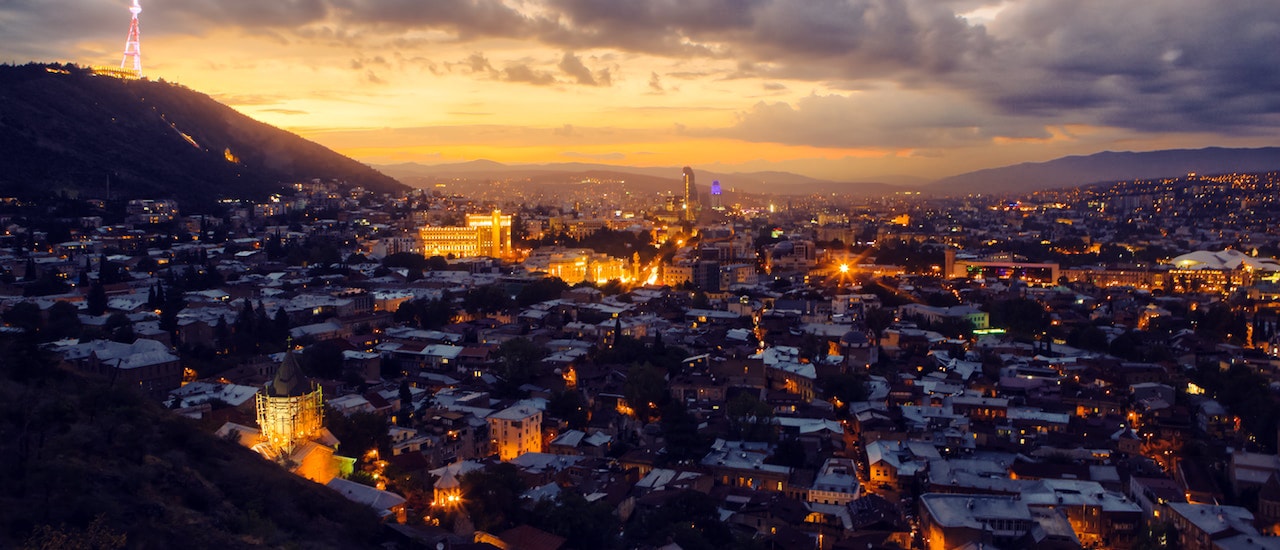The 12th edition of the European Dialogue on Internet Governance or the EuroDIG, as it is commonly known, took place in Tbilisi, Georgia, on 5-6 June. The Internet Society (ISOC) is an institutional partner to EuroDIG and the ISOC European Regional Bureau helped shape the agenda and were involved in several sessions.
This year, a few specific aspects caught my attention and created a lot of debate during the sessions and in the corridors.
Reinforcing the multistakeholder model
While European governments have traditionally been strong supporters of the Internet Governance Fora (IGF) and the multistakeholder model, this support has been to some extent compromised by concerns over national security and other priorities in the recent times. Several core members of the European Internet community have talked about a “fatigue” with the regional and national IGFs.
This year’s EuroDIG offered some fresh food for thought. Larry Strickling, who leads the Internet Society’s Collaborative Governance project, made several interventions during the EuroDIG. Strickling’s extensive experience of driving multistakeholder processes and his practical approach were received with great interest and curiosity. In parallel, high participation from young people injected heaps of new energy and optimism to the event.
Embracing the Internet opportunity for all of Europe
Georgia and Eastern Europe have a thriving Internet community and I applaud EuroDIG’s commitment to organise its meetings in all parts of Europe. The Internet has no borders, and the digital opportunities and challenges are shared and interlinked across the European continent.
Developing Internet access and digital services are top of agenda in many Eastern European countries and this was reflected in the event programme. In the plenary session on bridging the urban-rural digital gap, Raúl Echeberria, the Internet Society’s Vice President Global Engagement, highlighted the importance of innovative connectivity models including community networks. The impact of digitalisation on our economies and society was debated in many sessions.
Getting ready for emerging technologies
The Internet of things (IoT), artificial intelligence (AI), and blockchain are often called emerging technologies, although they have in many cases reached mass deployment. Perhaps it is the complexity of these technologies that sparks the interest of stakeholders and prompts reactions of excitement and concern.
The dedicated sessions on the emerging technologies attracted large audiences with plenty to say. The IoT workshop, moderated by Frédéric Donck, Director of the Internet Society’s European Bureau, focused on device security and user awareness. The discussion had clearly moved on from the “hype stage” to a deeper analysis of the underlying opportunities and challenges.
In her opening remarks, Sandra Höferichter, Secretary General of EuroDIG, said that at the age of 12 the EuroDIG was entering its teenage years. Perhaps we will see some tantrums in the coming years, but I believe that the carefully nurtured community, who stands behind EuroDIG, will keep it on the right path.
The video recordings and key messages from each session will be available in the coming weeks at: https://www.eurodig.org.
Read more about the Collaborative Governance project as well as Community Networks and IoT.
